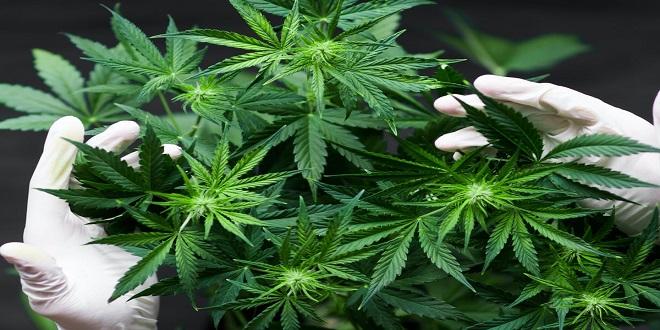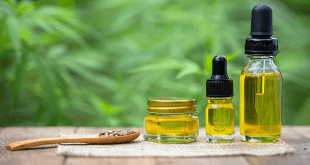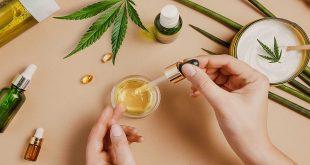Historical Use of Cannabis for Mood and Creativity
While it’s not uncommon to hear of cannabis being used in a therapeutic sense to help stomp out a bad mood or to promote creative thought, early historical evidence of cannabis being used for these purposes is a little less plentiful than it is for cannabis being used as a pain reliever or sleep aid.
The earliest record of cannabis uses in a medicinal context dates back to 2737 BCE, when Emperor Shen Mung of China lauded cannabis and its derivatives for their ability to treat everything from gout to rheumatism and constipation to “absent-mindedness
Mood, Creativity, and Where They Intersect
No one’s immune to foul moods. Maybe you failed an exam, or perhaps it was something less serious, like spilling your coffee or getting stuck in traffic. Whatever the case, moods caused by everyday triggers can be nasty, and they often derail our plans for an otherwise productive day.
Thankfully, humans have developed coping skills to prevent us from getting stuck in a funk that might otherwise lead to a bad week or even a bad month. However, while we all experience a bad mood every now and then, if we find ourselves feeling down in the dumps for extended periods of time we might run the risk of being in the throes of something far more serious than a mood swing.
How Cannabis Can Help
When considering the historical and present-day use of cannabis to both regulate moods and spur creativity, it’s safe to say that there is plenty of anecdotal evidence to support the idea that cannabis can be useful for some people. But what about scientific evidence?
Dr. Zach Walsh is a registered clinical psychologist, researcher, and instructor at the University of British Columbia (UBC) in Kelowna, B.C., where he has studied the effects of cannabis on the human psyche for nearly a decade. Walsh says he has no doubt that cannabis has the potential to alter one’s mood and improve the symptoms of an ongoing mood disorder.
Using Cannabis for Mood and Creativity
While the use of cannabis for mood-related reasons is common, it’s also highly subjective and deeply personal: A cannabis product that might make me feel like I’m on top of the world could induce panic in another. Similarly, something that might make me feel like a creative genius could make someone else feel like they’re overdue for a long nap.
It’s why almost every expert I spoke with on this subject was hesitant about recommending a specific compound, strain, or method of ingestion: the compounds in cannabis affect everyone differently because our endocannabinoid systems are all different.
Last Comment
A close friend who paints enjoys putting a teaspoon of CBD-infused honey into his tea. Another likes to vaporize a high-CBD strain before sitting down to start her next project. And while some research might suggest that high doses of THC may not benefit the creative process, there are absolutely people out there who feed off the “stoned” feeling that comes with the consumption of a high THC product. I’ve known dozens of musicians and audiophiles who enjoy hitching a ride on THC-induced waves of euphoria as they write new songs or sample new beats. If you’re feeling conflicted, it’s worth mentioning that research in this area, though improving in its quality, is minimal, and often conducted in a way that is biased against cannabis users.
 Naa Business World Business News Hub
Naa Business World Business News Hub




